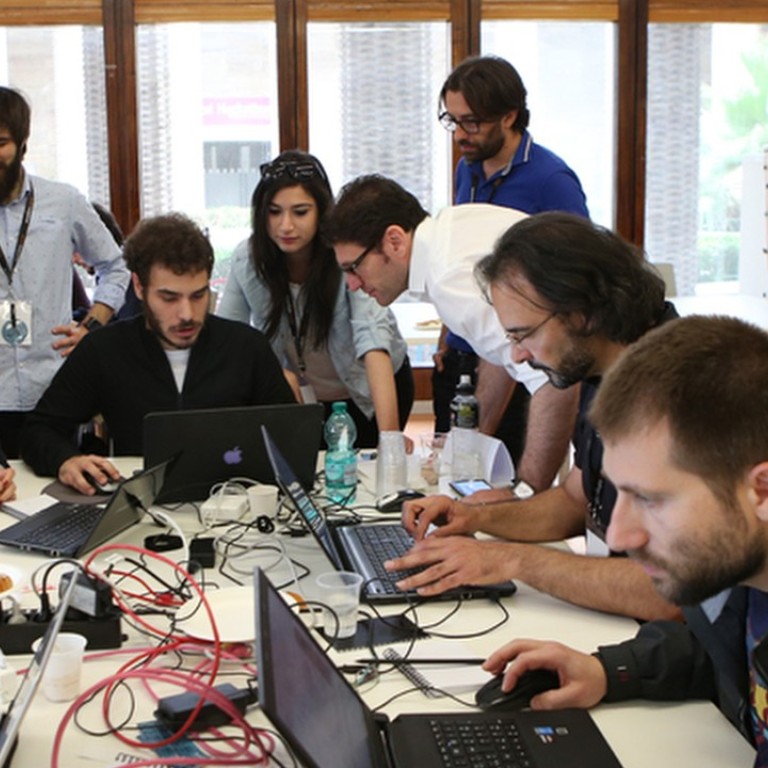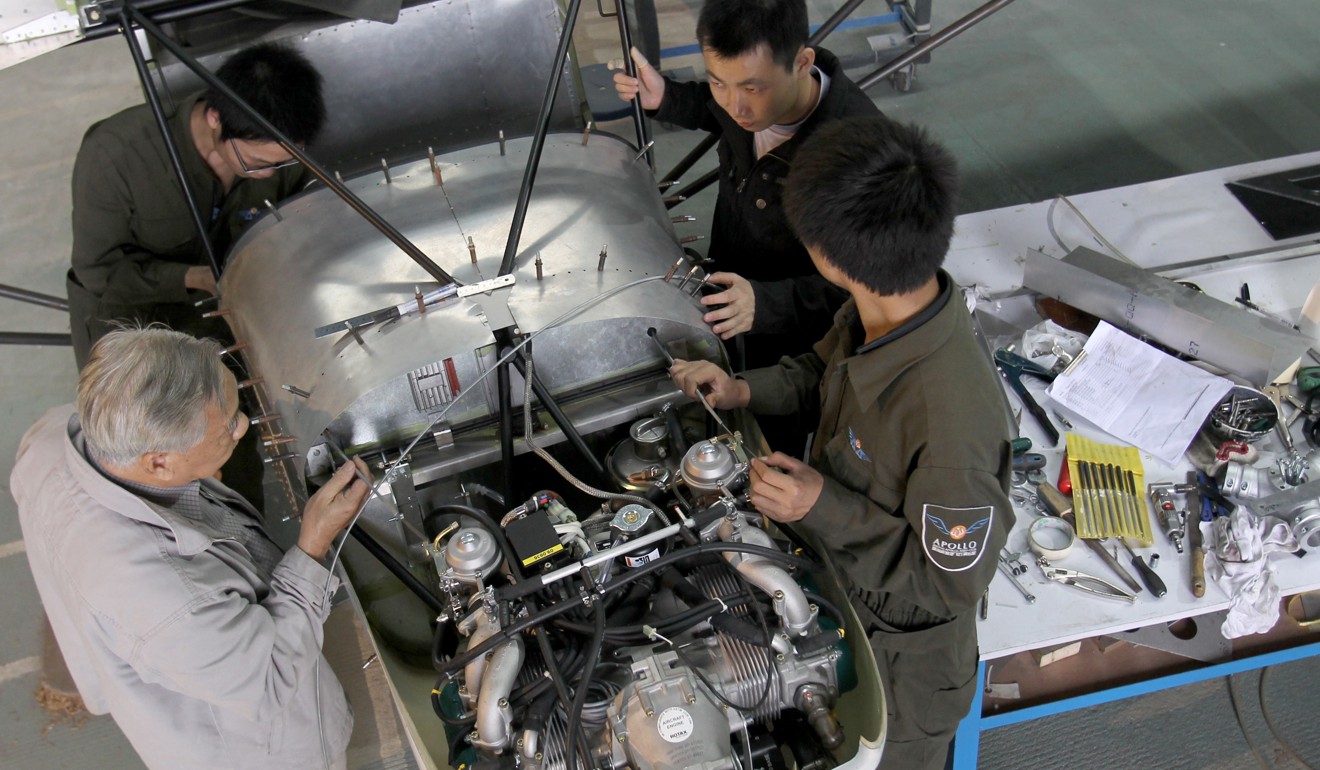
How to reskill your IT workforce for the ‘Age of the New’
Organisations must prioritise the reskilling of their IT workforces to best exploit the opportunities of emerging technologies
Thanks to the rapid emergence of advanced digital technologies, businesses face an imperative: transform or risk being disrupted.
Emerging technologies such as artificial intelligence (AI), blockchain, digital twin and the Internet of Things, are giving rise to a new kind of industry; one which is data-driven, highly-automated and agile enough to continually reshape operations and business models to make the most of every opportunity.
Businesses that transform to this new industrial model will be the success stories of tomorrow.
However, these highly complex technologies require enterprise IT workers to be skilled in a new range of disciplines including data science, machine training and blockchain development.
If CIOs are to ensure their business can make the most of the opportunities on offer through industrial digitalisation, they must ensure they have a workforce with the right skills.
Simply hiring new talent won’t be enough: people with the right skills are few and far between, and certainly insufficient to meet the skills requirements of all businesses.
Instead, CIOs must look for ways to reskill existing IT workers; giving them the skills needed to succeed in the “Age of the New”. The future productivity and growth of their enterprises depends on it.
At Accenture, we believe that the same digital technologies that are transforming industries can also be used to create a new approach to reskilling enterprise IT teams.

Just as the intuitive, personalised, data-centric applications of businesses such as Facebook and Pinterest have revolutionised service provision in their respective fields, these qualities of digital can be harnessed to fuel a next-generation approach to IT skills training.
This is the idea at the heart of the Accenture Future Talent Platform, an interactive learning platform that allows businesses to transform their technology workforce.
We’ve taken inspiration from social collaboration trends to create a more effective approach to reskilling that achieves results much faster than traditional methods.
The platform integrates learning services and curricula on as-a-service and mobile platforms to help workforces foster a culture of continuous learning. This includes a high degree of collaboration and interactivity.
So, for example, subject matter experts can create or curate learning boards using the content from the open market for a better, faster learning experience.
Meanwhile, users can interact with each other by following, commenting on and contributing to relevant skills boards.
We’ve used the platform at Accenture to reskill our own workforce, having trained some 180,000 workers globally in the latest digital technologies in just over 20 months.
We’re now in the process of taking this platform to clients with the aim of helping them realise their own IT transformations.

There have already been several successes on this front. For example, the Accenture platform is enabling a European bank to launch its own school of automation. It is identifying new roles and skills and building a pilot training programme, followed by a 40,000-person roll-out.
In addition, we’re also developing an interactive curriculum for bank employees to ensure the training is as intuitive and effective as possible.
The reskilling of an entire department can be a daunting task, but it’s absolutely essential you get it underway as soon as possible.
The alternative is to risk being left behind as competitors adapt more successfully to “the New”. From our work in this area, we’ve identified four key factors for the new age of learning. CIOs should consider these factors when looking to retrain their teams:
● Personalisation: Learning should be tailored to individuals rather than designed to meet the needs of the largest groups of employees.
● Interactivity: Interactive and social experiences ‘by’ and ‘with’ the learner should replace passive training, as this approach has been proven to boost retention.
● Heterogeneity: Individuals should be enabled to develop a wide range of technology skills simultaneously; replacing the single career track training that was sufficient for yesterday’s more homogeneous technology landscape. Source the curriculum from a varied ecosystem of internal and external providers and academic institutions.
● Continuity: Workplace learning should be an organic, continuous activity; rather than something done a few times per year. The curriculum should evolve with business needs and progress should be measured through business outcomes.
By putting in place an advanced learning platform, you can do more than simply get the skills needed to adapt to “the New”: you can build a team of industry-leading talent.
Meanwhile, employees will experience increased levels of job satisfaction and engagement as they’re giving the skills to overcome new challenges and work in more sophisticated areas of enterprise technology. Human talent is now a core differentiator for businesses: ensure your approach to training is all it needs to be.
Bhaskar Ghosh is group chief executive for Accenture Technology Services
